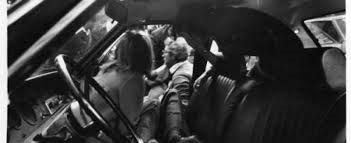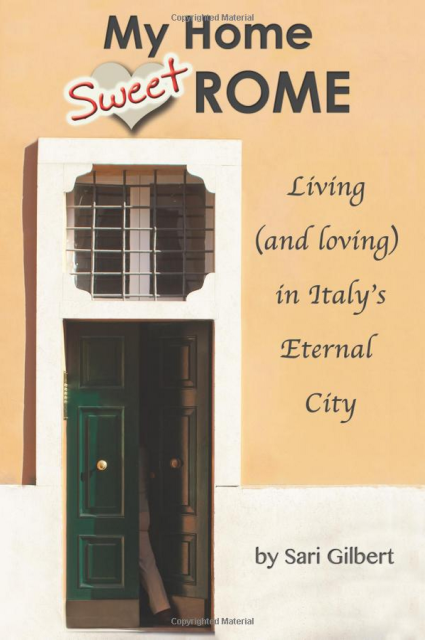Italy elects new Italian president
 Sergio Mattarella, a jurist and former Christian Democrat politician, was elected today as Italy’s new President of the Republic by an overwhelming majority of the 995 “grand electors” – members of both houses of parliament together with representatives of the country’s 20 regions. Mattarella, 73, succeeds President Giorgio Napolitano, who resigned his office on January 13, and will be Italy’s 12th head of state since formation of the Italian Republic at the end of the Second World War.Mattarella is an Italian politician, author of the now defunct single-member constituency electoral law (1993 – 2005), a former defence minister (1999 to 2001) and since 2011 a member of the Constitutional Court. He is also the younger brother of Piersilvio Mattarella, a young reformist Christian Democrat who was president of the Sicilian region until his murder in 1980 by the Mafia.
Sergio Mattarella, a jurist and former Christian Democrat politician, was elected today as Italy’s new President of the Republic by an overwhelming majority of the 995 “grand electors” – members of both houses of parliament together with representatives of the country’s 20 regions. Mattarella, 73, succeeds President Giorgio Napolitano, who resigned his office on January 13, and will be Italy’s 12th head of state since formation of the Italian Republic at the end of the Second World War.Mattarella is an Italian politician, author of the now defunct single-member constituency electoral law (1993 – 2005), a former defence minister (1999 to 2001) and since 2011 a member of the Constitutional Court. He is also the younger brother of Piersilvio Mattarella, a young reformist Christian Democrat who was president of the Sicilian region until his murder in 1980 by the Mafia.
As predicted by premier Matteo Renzi, who can count Mattarella’s election as a great victory for himself, the new president was elected on the fourth roll call vote with 665 votes when 505 would have been sufficient to seal his election. (During the previous three ballots, a candidate would have needed a two-thirds majority, 673 votes, to be elected.) This means that along with his party, the Democratic Party or Partito Democratico , which had 445 people voting, and the PD’s allies, a hefty chunk of opponents also crossed lines to vote for Mattarella.
Silvio Berlusconi’s Forza Italia party had said they would hand in blank ballots but in the finally tally there were only 105 blank ballots suggesting that 35 members of Forza Italia had disobeyed orders not to vote for the well-known politican-jurist.
The general feeling here is that the big loser in this political contest is Silvio Berlusconi who was convinced he still had a role to play as kingmaker. Two years ago Renzi and Berlusconi made a controversial non-aggression pact that was designed to help Renzi push through the constitutional and political reforms so dear to his heart. Berlusconi was giving Renzi the support he needed but when it came time to choose a president, he clearly asked for too much, support for a name he put forth or insisting that he approve any one suggested by Renzi. And this at a time in which not all members of his party still believe in his political acumen.
Although Mattarella is not a former Marxist but a former Christian Democrat on the liberal side of that now-defunct but once highly articulated conservative party who could well have been acceptable to Berlusconi, the two have clashed on media and other issues in the past and Berlusconi, once again, put his own personal issues and feelings ahead of the needs of the party OR the country. In short, Mattarella’s election confirms that the former prime minister’s political influence is rapidly disintegrating.
The question now is whether the election of Mattarella will effectively put an end to the so-called Nazarene Pact (named after the hall where the two parties held talks a years ago) has now come to an end or whether Renzi will feel he still need Berlusconi’s support. Renzi’s policy of collaboration with Berlusconi, begin when he was party secretary (but not yet prime minister) in late 2013, angered many left-wingers in Italy – who despise Berlusconi – created chaos within the PD and no doubt lost the party – today, Italy’s largest, some support in the last national elections in February, 2013.
Renzi cannot but be aware of this and if, as some think, he is hoping sometime soon to take Italy to general elections, his support for Mattarella, who comes from the same political background, may have had ulterior motives. Renzi has been prime minister now for over a year. He “won” last year’s European elections but has still not had to face a national vote as PD leader.
The Italian President, who serves for a seven-year term, has the power to dissolve parliament and to give a prime minister the mandate to govern. He also presides over the Superior Judicial Council (Consiglio Superiore della Magistratura), and is the head of the armed forces. He has no veto power over legislation, but must sign bills into law and, if he deems them unconstitutional or lacking the necessary financial resources, can send them back to parliament. He is endowed with great potential moral suasion and though he has no role in foreign policy, he does ratify international treaties after their approval by Parliament.



